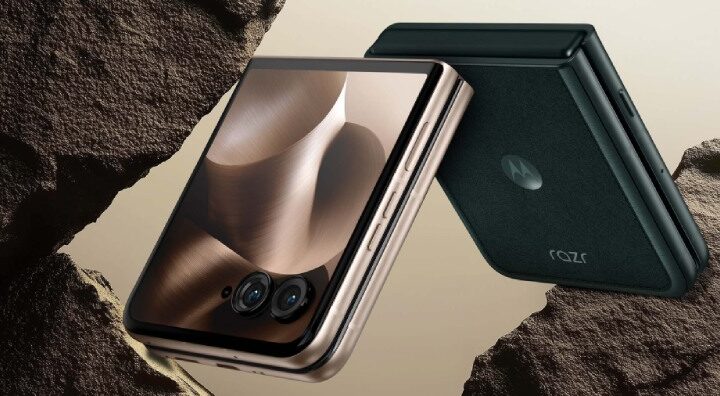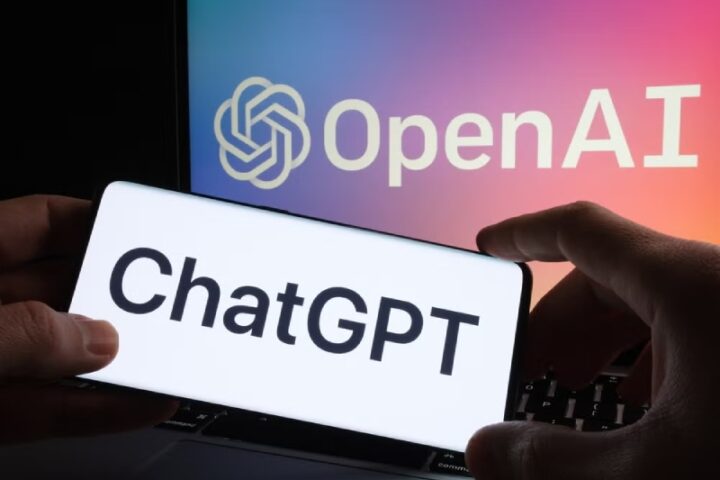Unannounced and without a press release, Microsoft has secretly released a new AI chatbot software for Android. This release from the Redmond, Washington-based tech giant, known as Copilot, was initially noticed by a Twitter user. It contributes to the growing category of AI-powered smartphone apps, further broadening the range of choices that users may access right from their fingertips.
The Copilot app, which is currently accessible on the Google Play Store, is the most recent action taken by Microsoft to capitalize on its collaboration with top AI company OpenAI. The Copilot software combines GPT-Vision’s image analysis functions with the advanced language and picture production capabilities of GPT-4 and DALL-E 3. Put another way, the new Copilot claims to produce text responses with the same level of intelligence as ChatGPT Plus and photographs that are just as stunning as those produced by OpenAI’s premium service.
Users of the app may ask sophisticated inquiries, create images, and compose documents-all AI-enhanced functions. It appears to be an extension of the old standalone Bing search app.
Microsoft puts all of its AI-powered services under the Copilot name. Its coding assistant, its all-deprecated virtual assistant Cortana, and its chatbot and online search powered by AI are now all part of the Copilot product family.
Notably, Copilot for Android offers sophisticated AI capabilities without charge, in contrast to ChatGPT Plus’s subscription-based business strategy. By presenting Microsoft’s product as a strong rival to other free or integrated assistants like Siri, Google Assistant, and Samsung’s Bixby, the company is making a strategic shift in the competitive landscape.
A major benefit for individuals who wish to try the newest AI model without shelling out a lot of money for a subscription is that Copilot is powered right out of the box by GPT-4, a more modern version renowned for its sophisticated comprehension and response abilities.
Although the Copilot app is only available for Android users, rumors that an iOS version will be released soon haven’t stopped, especially considering how much of the market Apple occupies and how important it is from a strategic standpoint to reach as many customers as possible. The original ChatGPT app from OpenAI experienced a similar situation when it was first released on iOS and subsequently transferred to Android.
Decrypt got in touch with Microsoft to inquire about the app’s details and to find out if an iOS version will be available. However, an automated email response from Microsoft states that their media relations division is taking a “wellness break,” therefore they choose not to react.
The market is enjoying a tremendous variety of services and a drive towards more complex, user-centric solutions as traditional virtual assistants encounter new challengers. There are a ton of additional apps available on the market, ranging from general assistants like ChatGPT and Copilot to chatbots like Poe and Replika.
AI integrations have also expanded the functionality of numerous well-known apps, including Facetune, Deepl, Grammarly, and Duolingo. These services have improved user experiences by utilizing the power of generative AI. Users may now receive better translations, make better image modifications, receive better advise, and receive overall better outputs in every mode.
- A new product-browsing feature has been added to ChatGPT - April 29, 2025
- Tejas Networks and Freestream to Partner with HMD, Lava for Direct-to-Mobile Phones - April 29, 2025
- Nani will cast in Mahabharata, the dream project of SS Rajamouli - April 28, 2025








